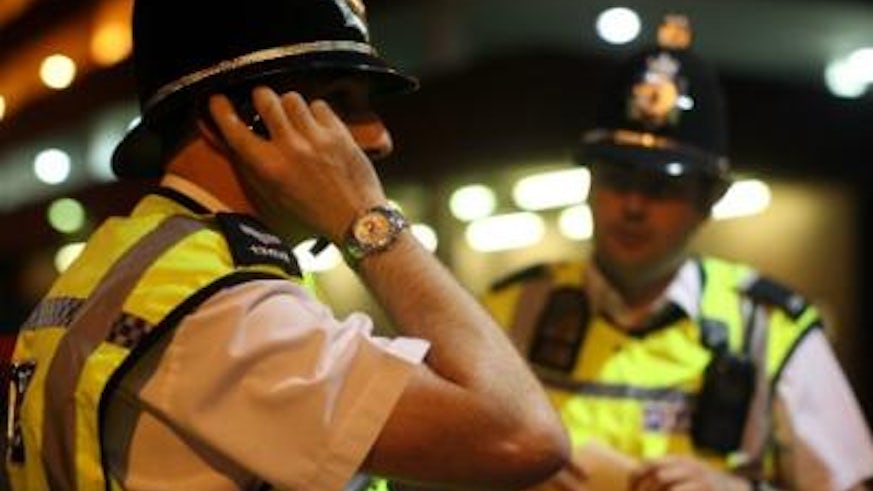Learning from the community impacts of the Lee Rigby murder
25 November 2014

A study led by Professor Martin Innes, Director of the Universities' Police Science Institute, has looked at what lessons can be learned from the murder of Fusilier Lee Rigby by analysing community reactions to the impacts of terrorist attacks.
The Intelligence and Security Committee (ISC) report issued today identifies that it will be impossible to prevent lone wolf terrorist attacks in the future. Funded by the Economic and Social Research Council, this study has been conducted by researchers at the Universities' Police Science Institute and the School of Computer Science and Informatics to identify the lessons for better managing the consequences of terrorism when it happens.
Professor Innes said: "A lot of attention focuses upon how social media can be monitored to spot individuals who pose a potential risk of terrorism. But as the Intelligence and Security Committee Report identifies, in practice this is much harder than might be assumed, and not all attacks can be detected, especially those involving 'lone wolf' assailants. Reflecting this, our research is focused upon what can be learned for the future from the murder of Lee Rigby in terms of improving the management of community impacts when terrorist incidents do occur.
Our work has shown that social media is increasingly important in influencing how the public understand such attacks and what happens in the aftermath. There are very important consequences for the police and authorities in terms of taking the heat out of a tense situation and reducing the opportunities for the kinds of 'secondary crimes' that we saw following Lee Rigby's killing."